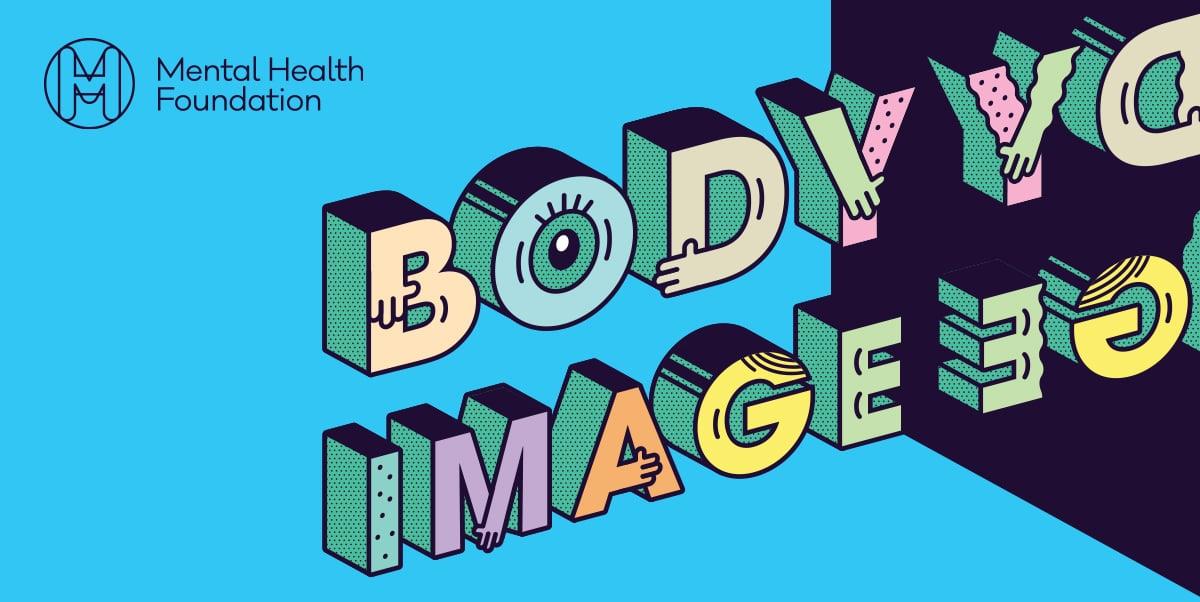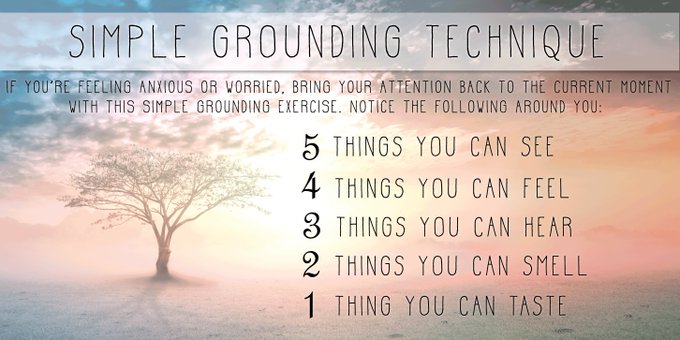
AI tools bring unprecedented access to personalised mental health advice with a single click; and they are often free, accessible, and feel private. But they come with risks around accuracy, safety and privacy, says Alexa Knight of the Mental Health Foundation, who advises that it may not be helpful to view these tools as a ‘pocket therapist.’ We don’t yet have the evidence to know how effective these tools are and there’s no regulatory framework to ensure they are safe. There are also cases where AI is thought to have played a role in promoting harm. It comes with real risks, and AI advice is not the same as getting professional and clinical support. At the same time, these tools could offer early, preventative, psychological support to help us explore our mental health, especially for people not comfortable enough or able to access other forms of support. Read more about the risks and also how AI could be helpful here in this in depth blog.


.jpg)





